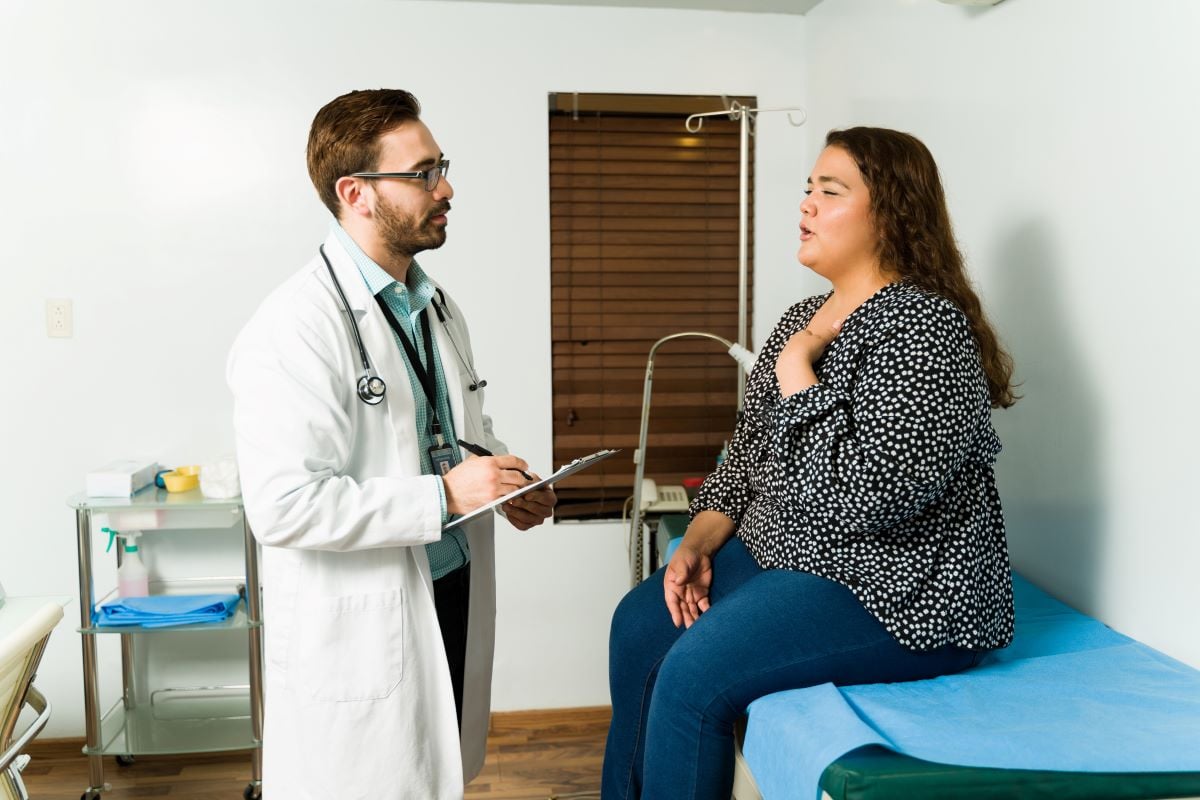Findings seen at five, 10, and 15 years following surgery versus nonsurgical, matched controls
By Lori Solomon HealthDay Reporter
MONDAY, June 17, 2024 (HealthDay News) — Bariatric surgery significantly decreases the conversion from prediabetes to type 2 diabetes, according to a study presented at the annual meeting of the American Society for Metabolic and Bariatric Surgery, held from June 9 to 13 in San Diego.
John Nguyen-Lee, M.D., from the Geisinger Medical Center in Danville, Pennsylvania, and colleagues evaluated the conversion from prediabetes to type 2 diabetes following bariatric surgery versus the conversion rate seen in a nonsurgical cohort. The analysis included 1,326 bariatric cases with prediabetes and propensity-matched nonsurgical controls from a primary care cohort.
The researchers found that the diabetes conversion rate at five, 10, and 15 years postoperatively was 1.8, 3.3, and 6.7 percent, respectively. In matched nonsurgical controls, the diabetes conversion rate was significantly higher at all time points (31.1, 51.4, and 68.7 percent, respectively; hazard ratio, 19.8). Compared with Roux-en-Y gastric bypass, individuals undergoing sleeve gastrectomy were more likely to convert to type 2 diabetes (hazard ratio, 4.01).
“This is the first study to analyze the long-term impact of metabolic and bariatric surgery on the potential progression of prediabetes and the impact is significant and durable,” coauthor David Parker, M.D., also from the Geisinger Medical Center, said in a statement. “It demonstrates that metabolic surgery is as much a treatment as it is a prevention for diabetes.”
Copyright © 2024 HealthDay. All rights reserved.








